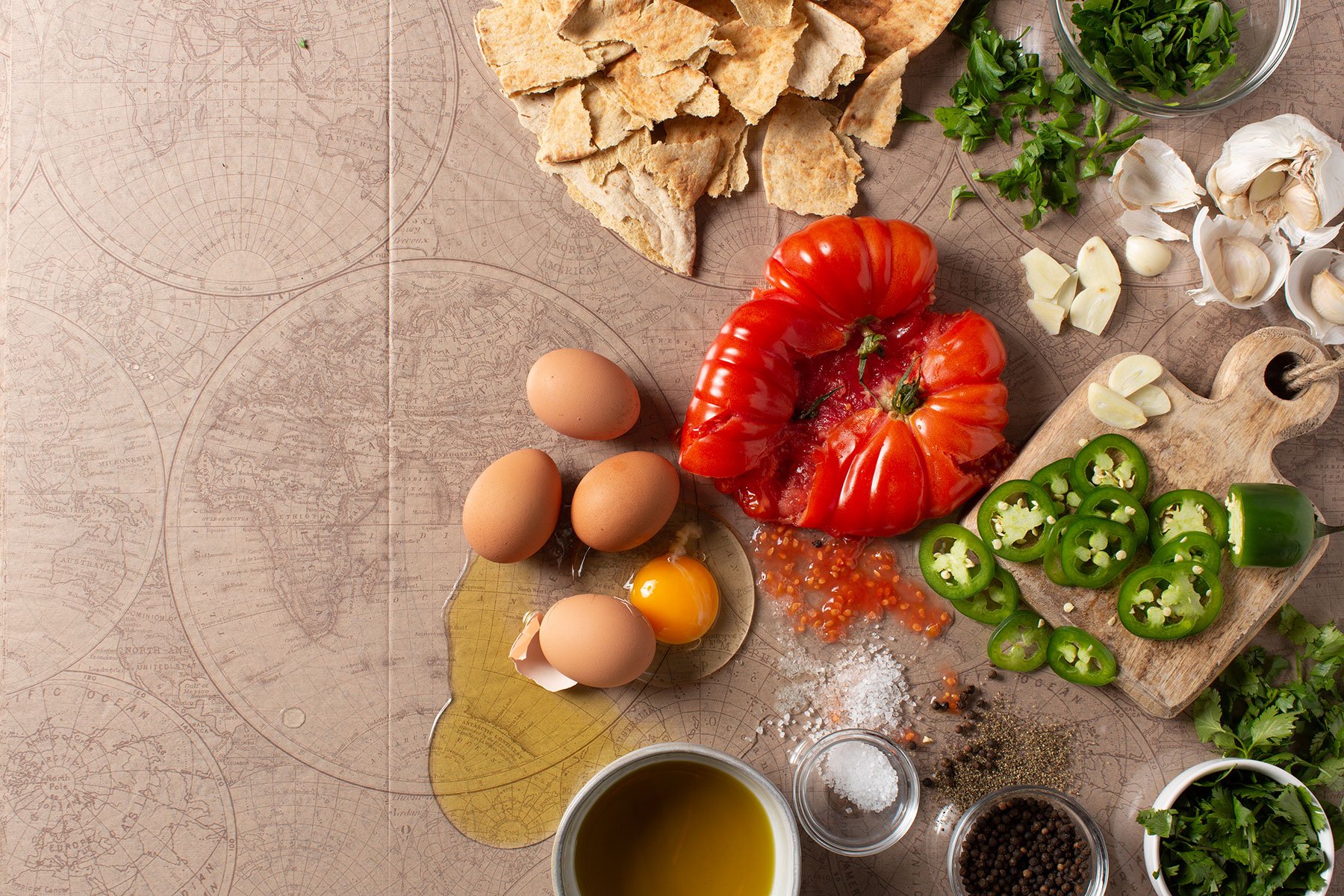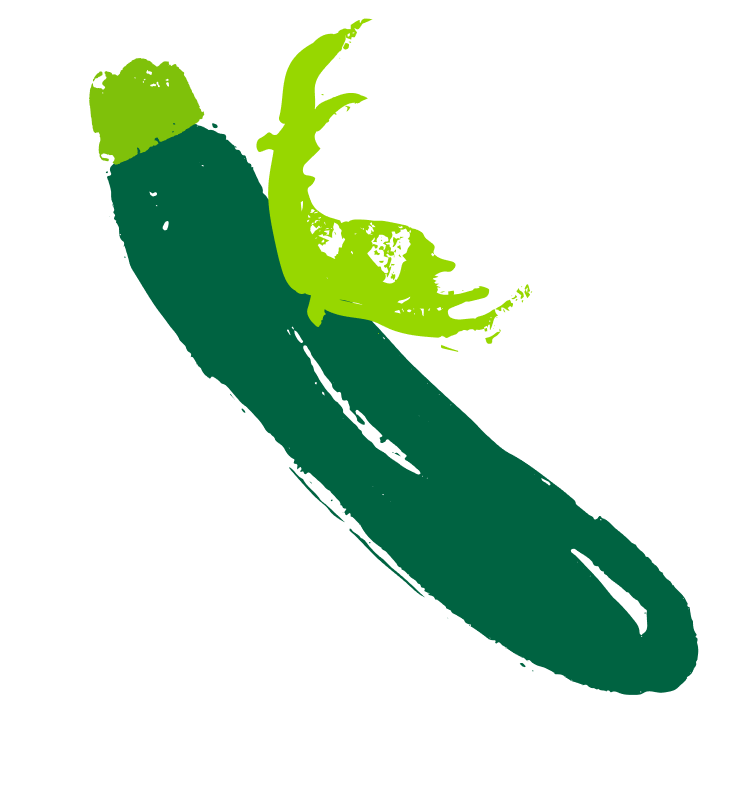All the World’s a (Culinary) Stage
If I throw a dart, blindfolded, at a map of the world, there’s a pretty good chance that it’ll land on a region with a deep, rich culinary tradition based on thrift and scarcity in the kitchen…
MIX MASTER (ANYTHING GREEN PESTO)
I’ve come to believe that the blender is the ultimate culinary weapon in the war against wasted food…
WASTE NOT: ADAM’S RIBS (AKA SPARE RIBS)
What we know as cauliflower, those off-white heads (or curds, if we’re getting technical) ringed by a few light green, tapered leaves and sturdy ribs, is actually only a fraction of the cauliflower story…
When Life Gives You Cobs…
Basically, most cooking techniques can be applied to corn and I’ve yet to find one that I don’t love…
Holy Scrap: Reclaiming Cheese Rinds
…There, nestled among dozens of domestic and imported cheeses, were several small containers of cheese rinds, which struck me as an exciting, albeit unexpected, discovery…
Why We're Proudly Incrementalist
The change we seek to make in the world is new-REVERSE THE EFFECTS OF CLIMATE CHANGE by finding MORE WAYS TO USE MORE of what’s already grown and produced….
Spare Traditions
On the timeline of human history, food waste (certainly in this country) stands out as a major and modern problem…
Reduce Food Waste, Reverse Climate Change
According to the latest report from the Intergovernmental Panel on Climate Change, food waste was responsible for 8% to 10% of the global warming-causing gasses emitted from 2010 to 2016…
More Ways to Use More
In our history as culinary animals—spanning geography, culture and about a million years— humans have made the most out of what food they had…
Why is Spare Tonic sweetened with Honey?
Not only are we fans of its distinct natural flavor, but we also love the health benefits that honey brings to the party…
The What, Where and Why of Whey
About 2 cups of liquid whey is produced for every 1 cup of yogurt. In the United States--where Greek yogurt is a $7-billion industry--most of that whey gets trashed. Which really is a waste…
Committed to Change
We’ve been fortunate to have defining professional experiences that have inspired and informed The Spare Food Co. from its inception…
“IT FEELS LIKE A GIFT TO SHARE FOOD AND DRINKS THAT ARE MADE WITH SO MUCH CARE AND INTEGRITY.”
Juliana M,
Cafe Owner and Chef
our community
Friends don’t let friends waste good food. Join us in finding more ways to use more in our kitchens, and in our lives.




















